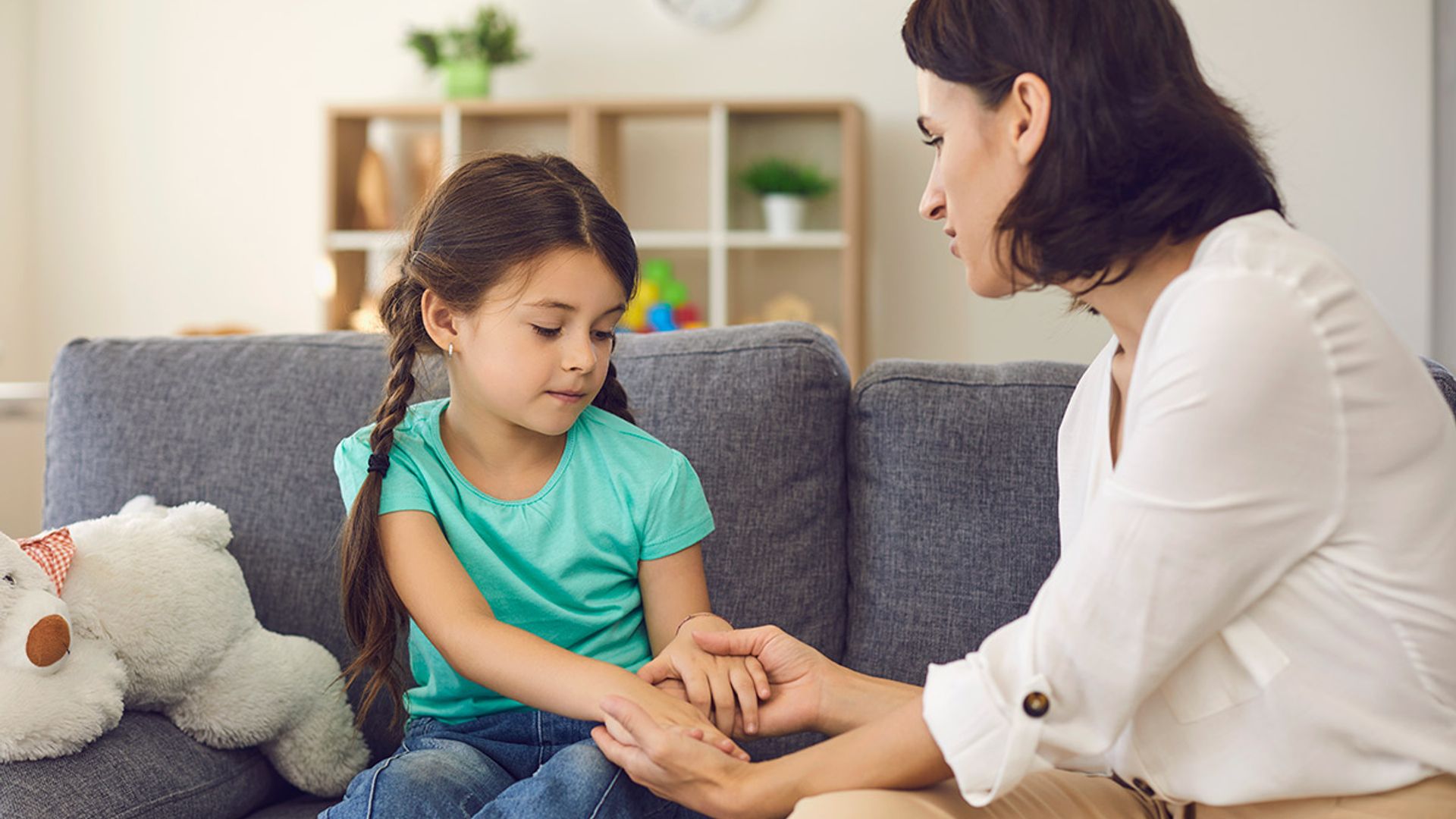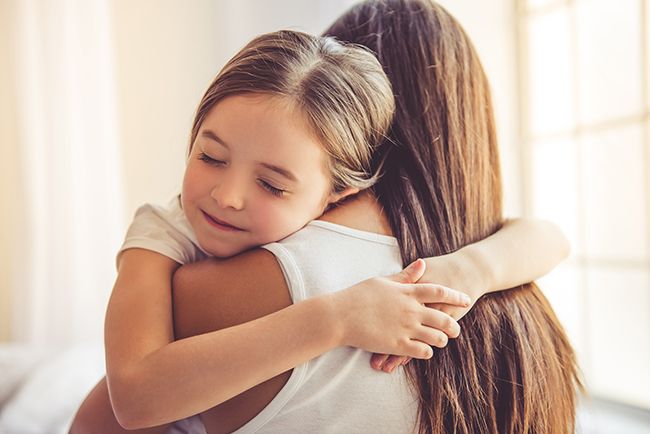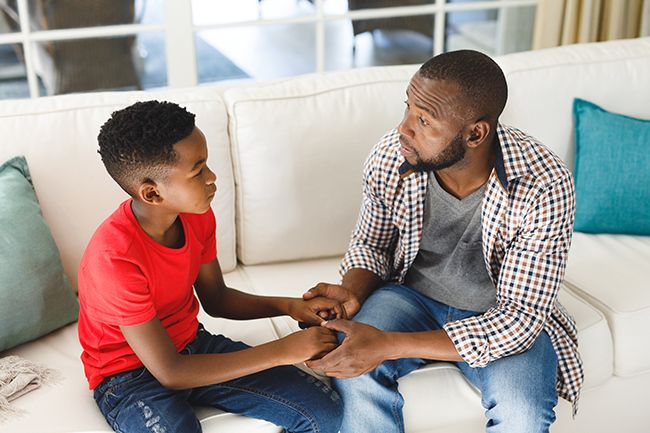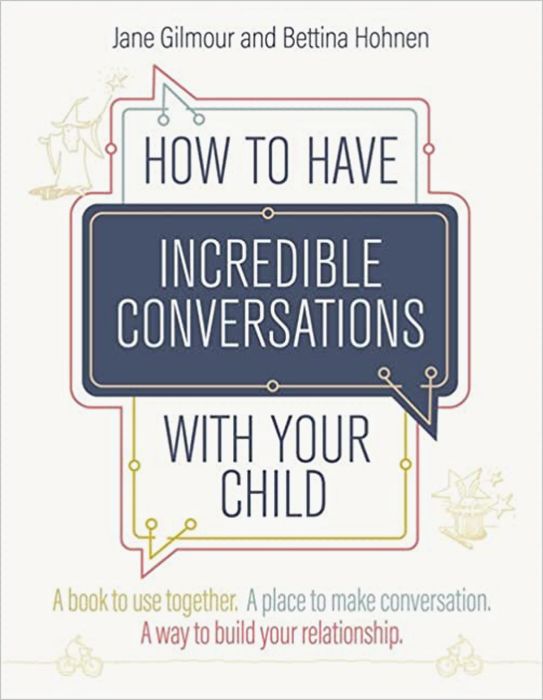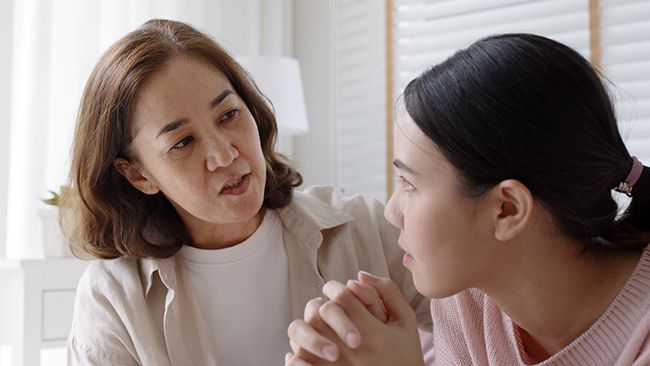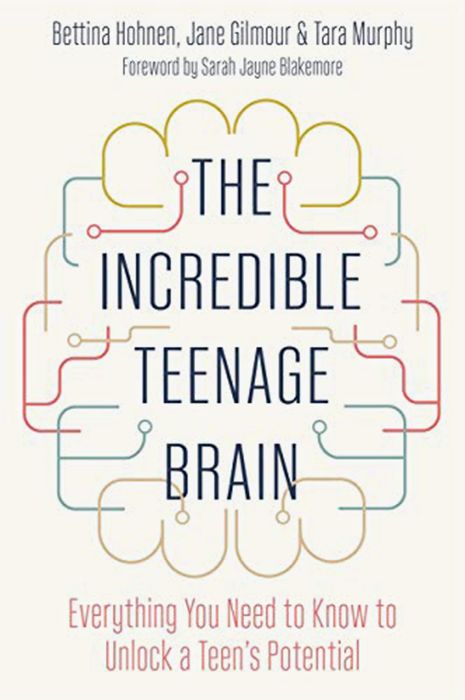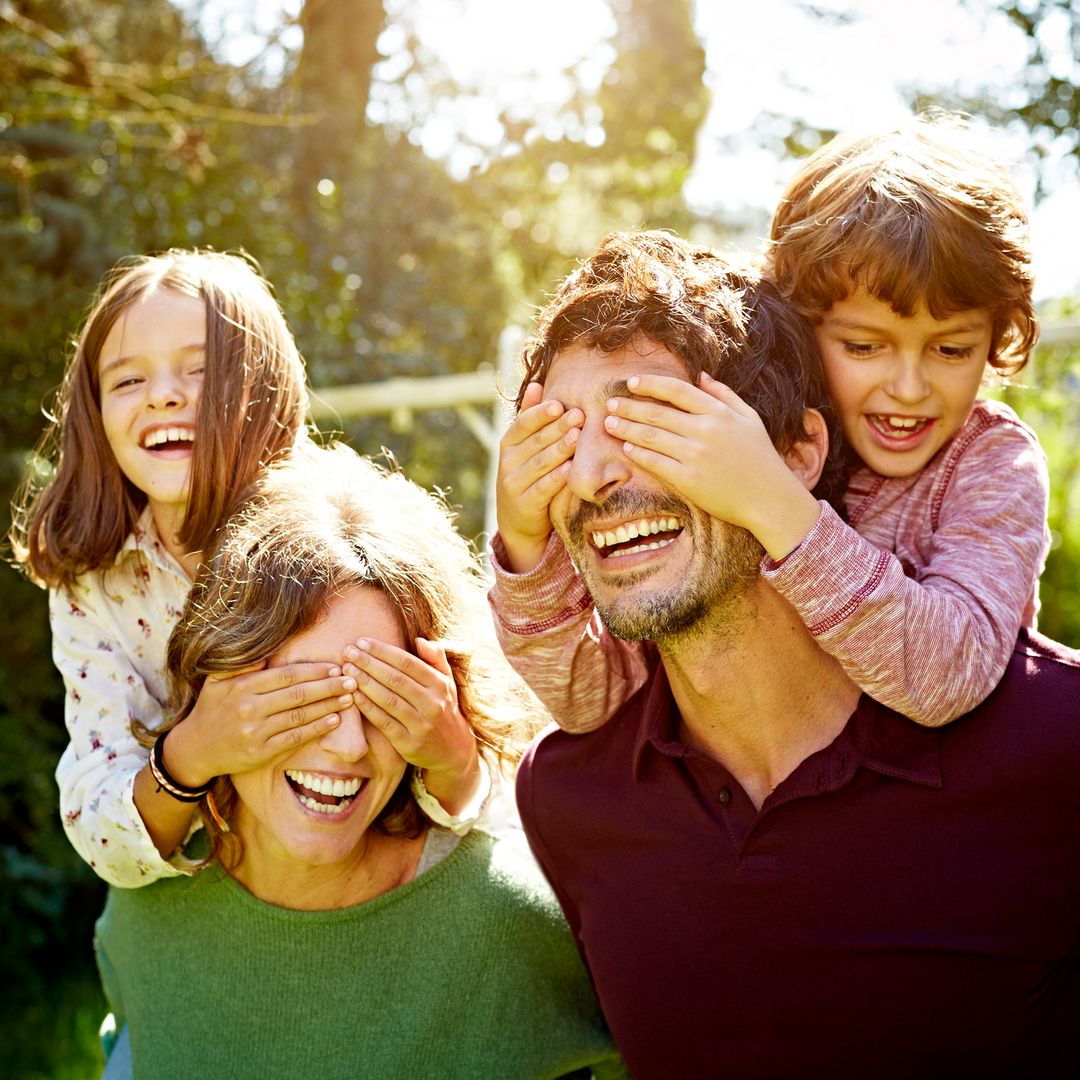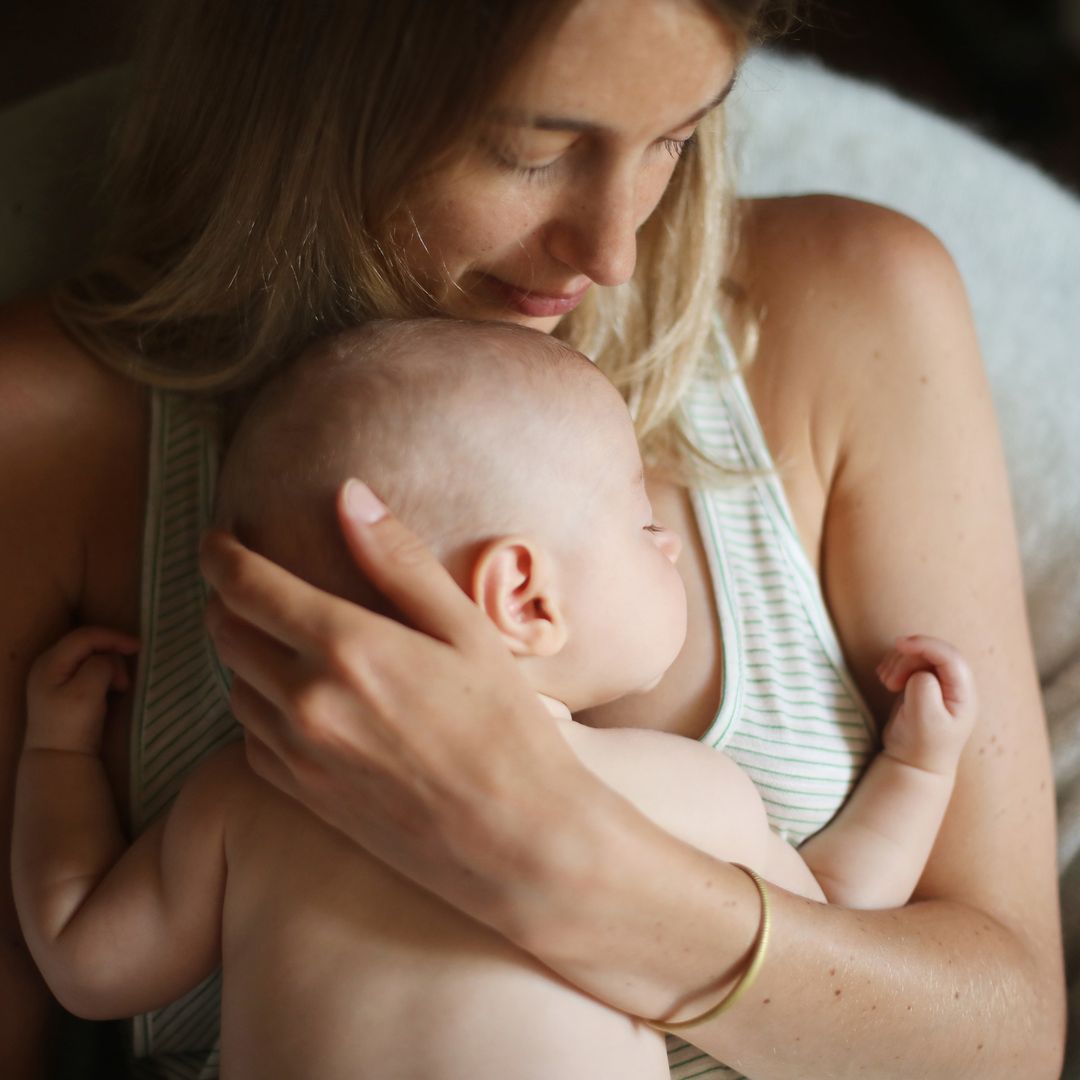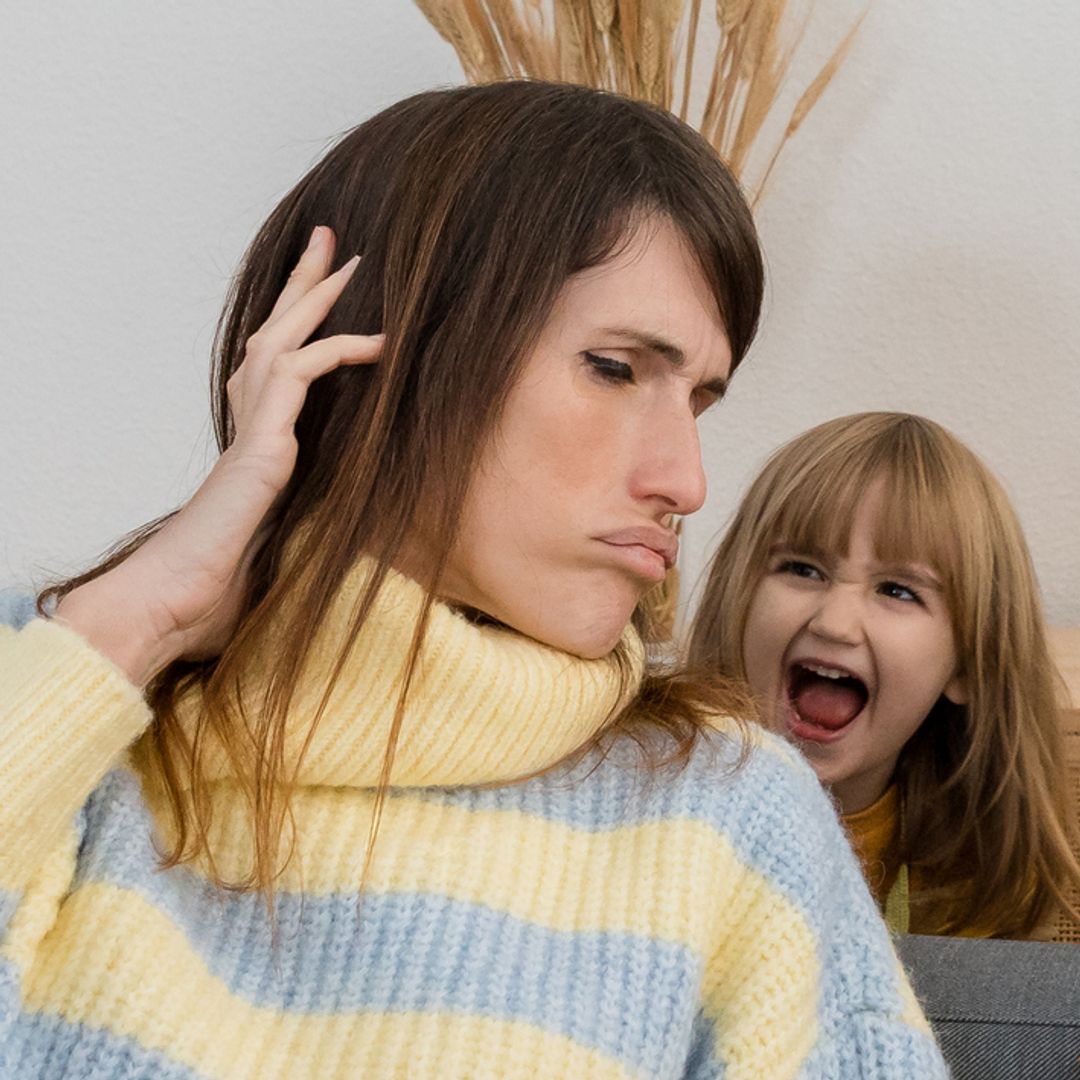Parents up and down the UK, and indeed the world, will likely be facing similar questions at home from their children right now concerning the Russian invasion of Ukraine.
Questions like: What is the war about? Why are Russia and Ukraine fighting? I'm scared there will be war in our country, will that happen? Is this the start of World War Three?
MORE: What can you do to help Ukraine?
These are questions none us expected to have to answer and may not have a good reply for. Naturally, we want to protect our children from the horrors happening in Ukraine but we also have a duty as parents to educate them about the realities of life.
So what do we say to our kids about the conflict? What information should we give them and how much information is too much? There's a fine line between educating and frightening children in this situation, and a big difference in what you tell a five-year-old to a 12-year-old.
HELLO! spoke to two experts for their advice: Leading Child Psychologist Dr Alison McClymont and Dr Jane Gilmour, Consultant Clinical Psychologist Great Ormond Street Hospital and co-author of How to Have Incredible Conversations With Your Child and The Incredible Teenage Brain.
Read their suggestions below…
How can I explain the Russia-Ukraine conflict to my child?
Dr Jane Gilmour says: "Be honest. In times of uncertainty, it’s never more important for your child to have a strong, secure and trusting relationship with you. If you tell your child something that is not true, it may harm your relationship and their sense of stability.
"Acknowledge that this is a serious event but many countries are working together to figure out what to do. Point out that day to day life for your child will be the same. And of course, show empathy for the families that are currently vulnerable and under threat.
"If your child asks a question, you might be tempted to bat it away and say, 'Don’t worry about that'. Be sure you answer it, otherwise, your child might fill the knowledge gap with worries (often inaccurate or extremely unlikely scenarios), information from another child or even social media. Their questions are your chance to help them understand the world’s events in a safe, calm and measured environment.
"Particularly in the early stages of this situation, ask: 'What do you want to know?' rather than assume you know what is on their mind. Some children may worry their school will be closed (remember their recent experiences during the pandemic), while others might be wondering what the word 'sanction' means."
MORE: David Beckham releases emotional plea in wake of Ukraine conflict
How does this differ according to their age?
Dr Jane Gilmour says: "Young children need their information delivered in simple and concrete terms. Use an analogy that is recognisable in their world (for example, if someone takes something that doesn’t belong to them, it’s not OK). Even the very youngest of children - and indeed infants - pick up ideas and emotions even if they haven't got the language to talk about it and offering them a framework will help them make sense of it.
"Teenagers' brains are wired to find out things for themselves (rather than be told) so direct them to accurate information sources and then make time to talk it through. Part of their brain development includes a drive to test boundaries so don’t be surprised if they put forward controversial ideas. Don’t shut them down, but instead offer 'a sorting space' to help them figure out what they think or feel. Remember listening is not the same as agreeing."
Dr Alison McClymont adds: "If your child has questions, answer them factually and succinctly. It is not a point to educate them on the moralities of war if they are under 10. If they are older, you can discuss it in terms of the complexities of war, ie neither side wins and both countries will see a senseless loss of life."
What should my child read or watch to get age-appropriate information without being too frightened?
Dr Jane Gilmour says: "Depending on the age of your child, remind them that news reports are only a small slice of a very big cake - the world is generally a safe place.
Watch this Newsround report yourself first to check you are happy with the content, then watch it with your child. There is quite a lot to take in for younger kids, so stop it now and again and ask an open question like: 'What do you think about that?'"
As for reading material, Dr Alison McClymont says: "I would strongly recommend not giving any reading material to a child on war, as a child’s moral centre (the prefrontal cortex) is not formed until their early twenties and discussing many of these subjects of violent or mass murder is simply too overwhelming.
"It is ok, for example, to show on a map where Ukraine is located, it is also ok for them to read about the country and its culture, even its history with Russia. But no reading material should focus on conflict or war."
How to have incredible conversations with your child, £14.45, Amazon
How can I reassure my child if they are scared about the war? How can I make them feel safe?
Dr Alison McClymont says: "The reality is your child might feel very frightened depending on what information they have absorbed. It is key to get them to articulate their fears so that you can rationalise them, i.e. it is not likely the UK will be subject to a nuclear threat. It is also important to get them to explain how they feel and where in their body they are feeling this."
Dr Jane Gilmour advises: "If you convey the idea that you feel safe with your words and actions, then so will they. The way that you act and talk about the situation will strongly influence your child’s sense of danger about it. The single most powerful thing that you can do in times of uncertainty - particularly with anxious children - is to telegraph calm.
"Consider what you are saying when you are around them (think about the 'parent chat' at the school gates). Snippets overheard though not directed at your child are often just as influential. Endless reassuring statements from parents ('don’t worry') are likely counterproductive. Evidence shows that calm, practical and open discussions while maintaining all your family’s usual routines is the most effective way to make children feel safe."
Should we refrain from having TV or radio news reports on when children are around?
Dr Alison McClymont says: "Definitely. Without context and the adult brain to understand human actions such as war, hearing snippets of information from the radio or news can be incredibly traumatic to a child. They may have nightmares or suffer from anxiety from having the information suddenly invade their TV or car radio without warning or context."
Dr Jane Gilmour also advises: "Be aware of the news they hear. If news aimed at adults is overheard by your child, don't hide it, or hurriedly switch it off when they appear because that sends a message that the news is somehow secret or even dangerous. Keep an ear out for what they are hearing, then explain and translate it into terms that are understandable and less threatening."
With older children or teenagers who want to watch the news a lot, Jane suggests: "In the case of anxious and obsessive news consumption, watch the news together, limit it to once a day and afterwards ask what they took from it so you can check what they heard."
The Incredible Teenage Brain, £11.59, Amazon
How to help children who are 'silent worriers'
Dr Jane Gilmour says: "This tip is a good one for family life whatever the circumstances, but particularly useful for kids that don’t often discuss their feelings or anxious children.
"Make a regular check-in time every day. Ask your child to record questions or worries that pop up during the day (write, draw or make an audio recording) and save them up to discuss later at your check-in. If they have many questions, agree on a time limit for your check-in and come back to these at the next check-in time and so on.
"This has two positive effects: first, recording thoughts 'outside our head' sometimes offers a different perspective, and second, even quite young children may notice a difference between intense feelings ‘in the moment’ and worries feeling less intense after they are 'parked' for a bit.
"Both skills need regular practice and they won’t develop fully until late adolescence but they are incredible wellbeing habits."
Extra Resources
Children's newspaper First News is giving away their next issue for free which will help children understand and sensitively discuss what is happening in Ukraine.
Click here for the first free issue.
Like this story? Sign up to our HELLO! newsletters to get other stories like this delivered straight to your inbox.
HELLO!'s selection is editorial and independently chosen – we only feature items our editors love and approve of. HELLO! may collect a share of sales or other compensation from the links on this page. To find out more visit our FAQ page.
